Toshi in Hausa means gifts given to a girl by the man courting her. It is a Hausa custom that has lasted some time among the Hausa people, which is now gradually fading.
Kyauta na ƙara danƙon ƙauna (Gifts increases love)
Popular Hausa Saying
Suitors who did Toshi were considered more serious as it showed that they could cater to the woman’s needs in the event of a marriage.
Types of Toshi in Hausaland
Before we dive into how Toshi was done back in the day, it is pertinent to understand that there are two kinds of Toshi – direct and indirect.
Direct Toshi is given to a girl by the guy she is courting on a market day, on the village grounds (Dandali) during Sallah celebrations. On such occasions, the guy would give out his Toshi to her directly, and the lady accepted.
Indirect Toshi, on the other hand, reaches the girl through representatives. The guy would assign his younger/older sister or sister-in-law to go to the girl’s parent’s house with gifts to her mother, informing her that they are for the girl. This kind of Toshi is taken more seriously as it indicates the guy’s interest in marrying the girl. It is more like a marriage proposal.
What Happens If a Lady Receives a Lot of These Items?
A girl with many suitors will likely receive a lot of Toshi. When this happens, the girl’s mother collects and hides the gifts. This is done to avoid embarrassment should the girl not marry any of them because some families request that their toshi be returned to them if the girl is not marrying their son. When this happens, the girl’s family can return the gifts intact.
Indirect toshi, however, is rarely requested back, and the girl is allowed to use it how she likes, even if she ends up not marrying the guy.
People don’t request that indirect toshi be returned, however, so the girl can use it whether or not she ends up marrying the guy.
Toshi Items
Indirect toshi is like a smaller version of lefe. Items include yards of at least three Ankara fabrics, veils, shoes, cosmetics, soap, perfume, etc.
This kind of toshi is usually sent during Sallah occasions. No matter what, a girl doesn’t touch this kind of toshi. Her parents will sew her Sallah clothes and keep the items well hidden.
For direct toshi, the guy usually gives the girl candy, chewing gum, chocolates, cigarettes and/or money. A cigarette-liked leaf that people smoked back in the days before cigarettes called “buuki” is also included.
Direct toshi could also be clothes given to the girl for the occasion of her friend’s wedding or family wedding. The guy would be responsible for providing the girl with the clothes for such an occasion. This is referred to as “anko”
Items Sent During Ramadan
Another occasion where toshi is given is when the month of Ramadan is approaching. The guy will send the girl he is interested in provisions she will use during the period, such as beverages and other edibles.
Toshi Nowadays
The culture of toshi has been erased and merged to become one thing – lefe. As toshi was a way of making a marriage proposal back in the day, it has now been replaced with “Kudin gaisuwa” which stands for “introduction gift”, or “Kayan sa rana” meaning “engagement items.”
However, some states like Sokoto, Zamfara and Kebbbi still stick to this tradition, especially the one done during Ramadan.
What People Think About This Dying Culture
While some people on social media think that Toshi is a good thing, others think that, like kayan gara, it only makes the marriage rites in Hausa land expensive.
What’s your own opinion? Should this culture be allowed to die, or should it be revived?
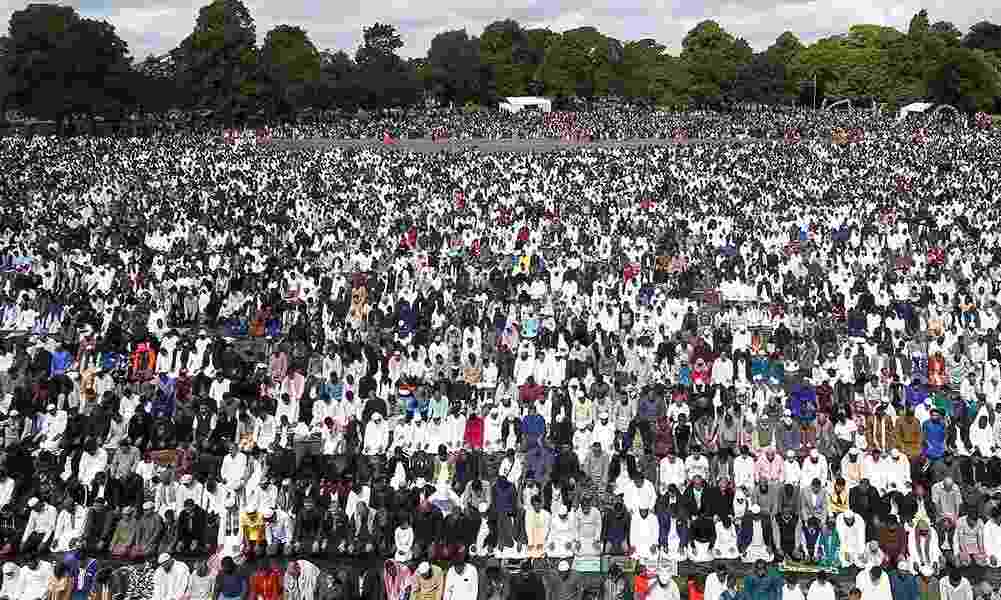


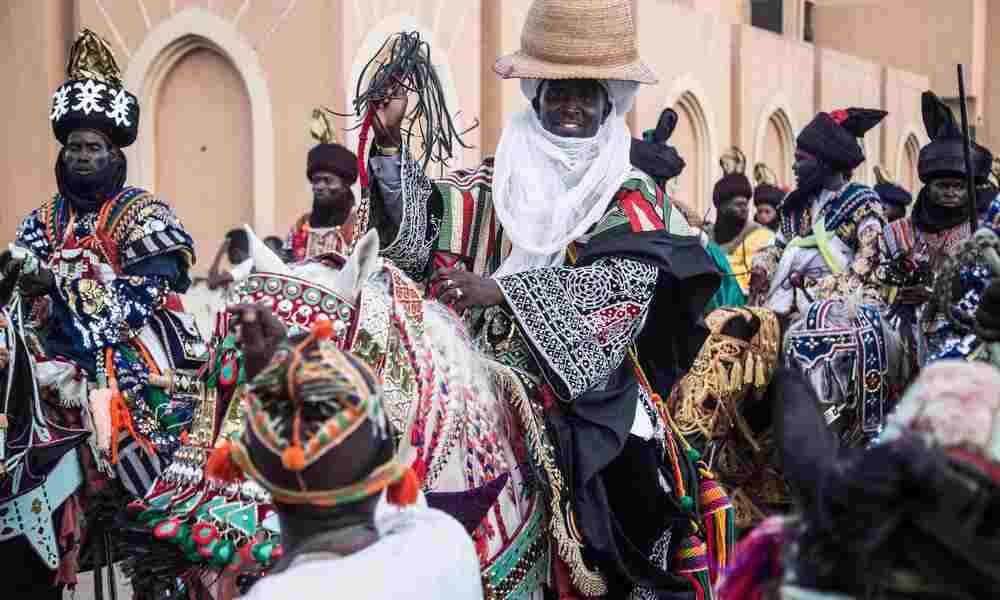
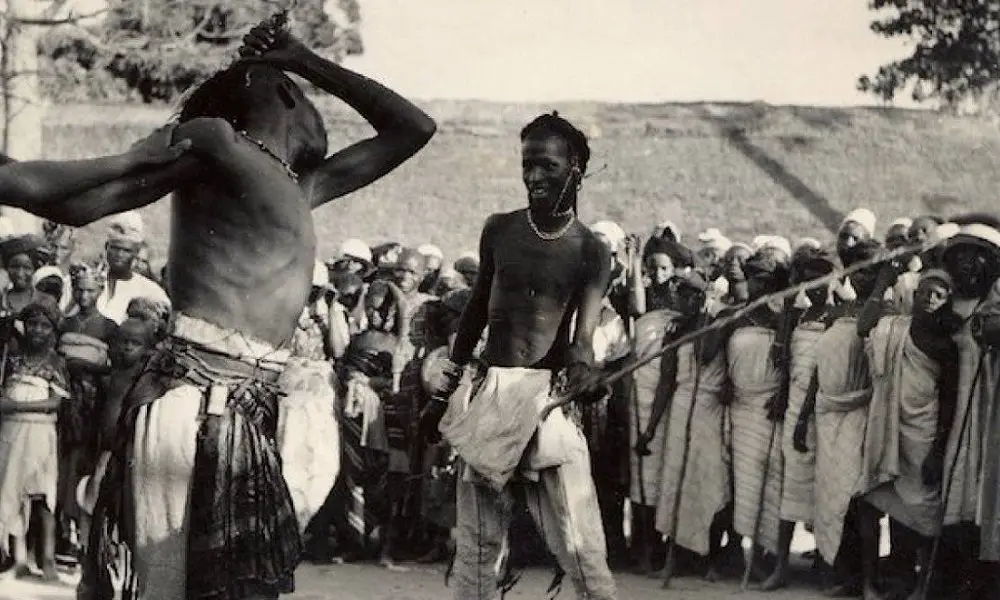




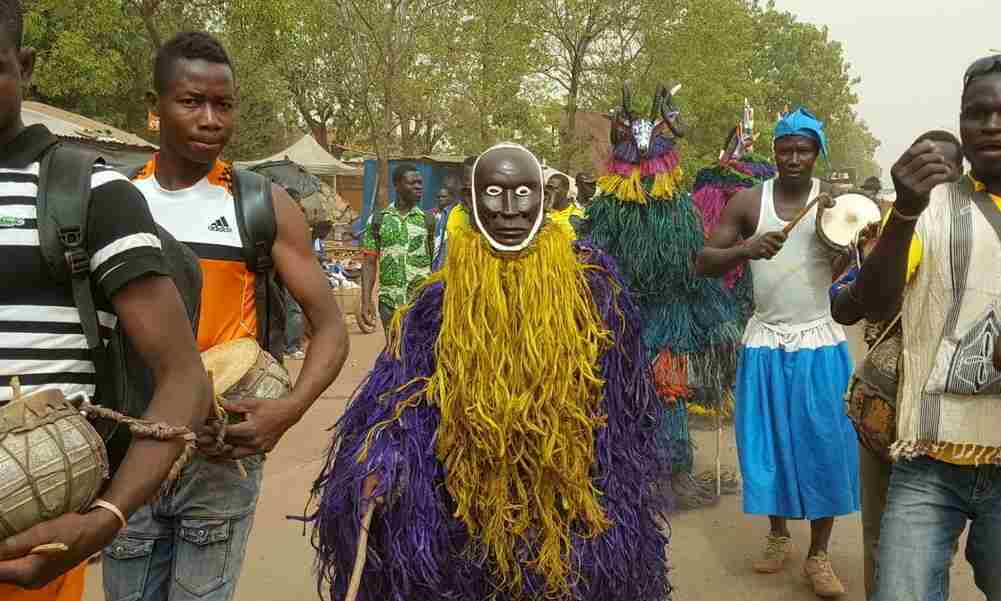

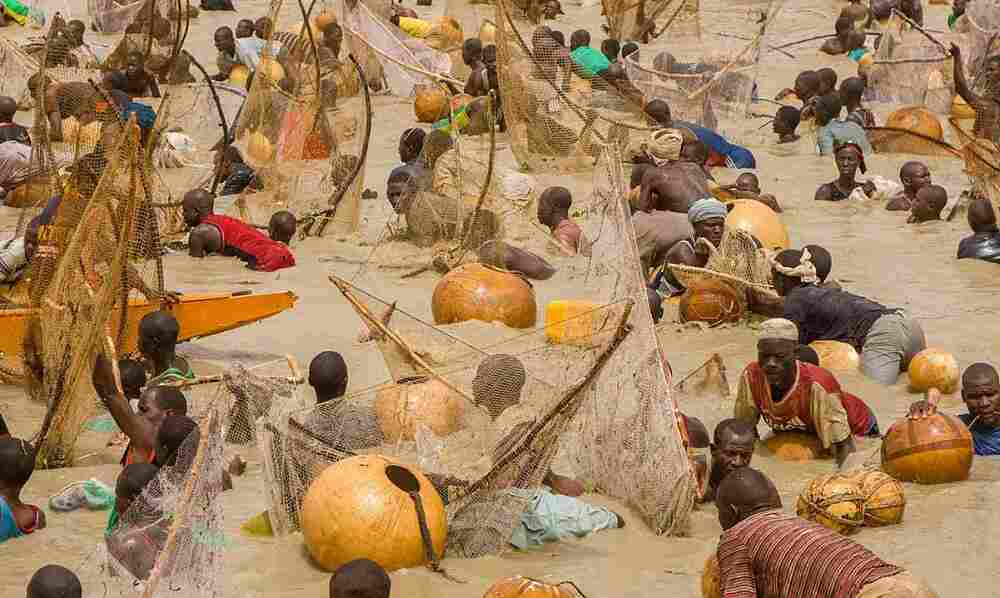

0 Comments